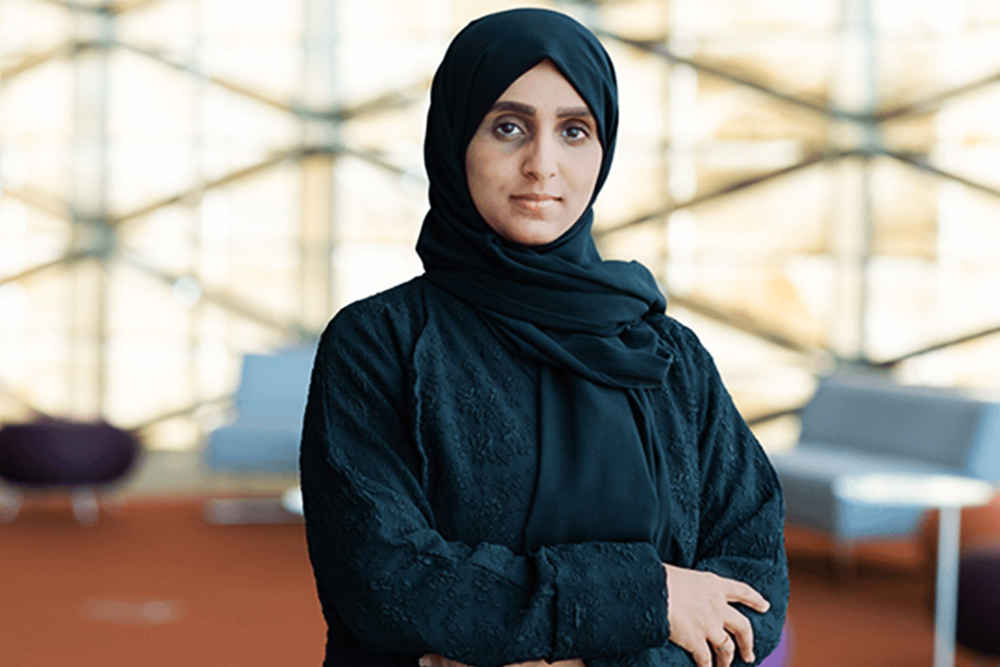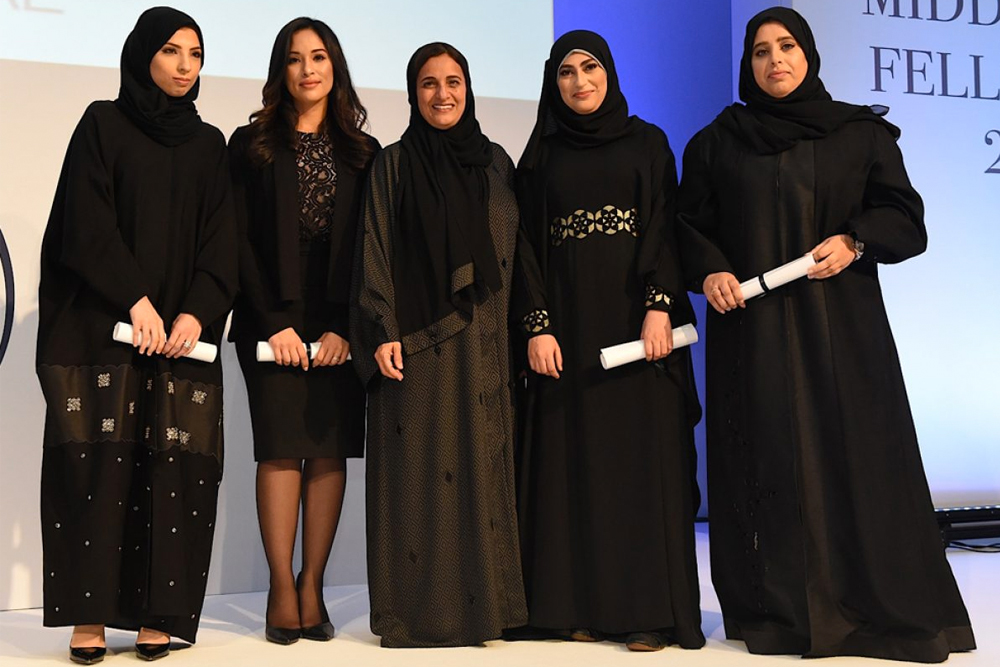
Across the globe, women continue to break into male-dominated STEM (science, technology, engineering, and math) fields, and in Saudi Arabia, this is a phenomenon that has been growing. Today, the Kingdom is known for having exceptionally talented female scientists and professionals in science, one of them being Asma Al Amoodi, a PhD student at King Abdullah University of Science and Technology (KAUST) and the 2019 L'Oréal-UNESCO For Women in Science Middle East Fellowship.
Indeed, Al-Amoodi’s career in science has been an impressive one to date, starting with her educational background. She graduated from King Abdulaziz University in Jeddah with a bachelor's degree in medical laboratory technology and then enrolled in 2015 for a master’s degree in Bioscience at KAUST. As a PhD candidate, she started working in 2017 as a medical laboratory technologist and, today, is a skilled researcher in cell biology and biochemistry with emphasis on hematopoietic stem cells migration.

As a student in KAUST’s Bioscience program, Al Amoodi works under the supervision of Associate Professor Jasmeen Merzaban, conducting research that specifically studies adhesion systems on a rare blood stem cell population derived from the bone marrow and umbilical cord blood. According to the university’s website, the rare stem cell population is vital in the treatment of diseases such as leukemia, and so Al Amoodi’s work looks at improving the stem cells' ability to migrate to the bone marrow after transplantation and when there, to start creating healthy blood cells.
In 2019, Al Amoodi was recognized for her groundbreaking work, becoming one of six female scientists honored during the sixth edition of the L’Oreal-UNESCO for Women in Science Middle East Fellowship Awards, which was held in Dubai. Each scientist received a grant for her achievements, with Al Amoodi awarded 8,000 euros for hers. Speaking at being a recipient of the award, she explained that winning was "purely a wonderful result” that would allow her to turn her “to do something for our society into reality.”
Many Saudi women like Al Amoodi have been increasingly representing the Kingdom in the sciences over the years, women such as: Dr. Fatmah Baothman, the first woman in Saudi Arabia and the Middle East to hold a PhD in Modern Artificial Intelligence; Dr. Khawla Al Khuyraya, the first to discover the cancer-triggering gene, FOSM1, in the human body, and also largely contributing and making changes within Saudi Arabia’s Shoura Council; and Dr. Adah Almutairi, recognized by former US President Barack Obama for her outstanding work, discovering the first nanoparticle that responds to inflammation in the body.

















